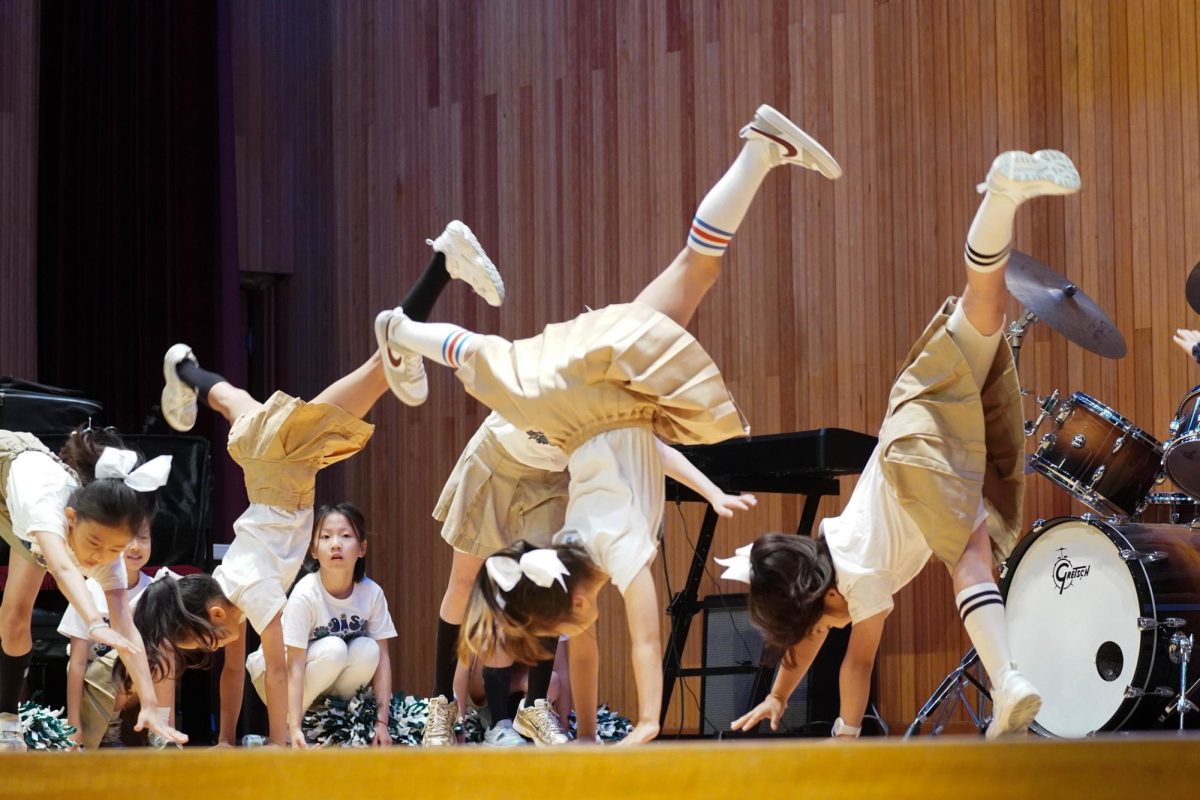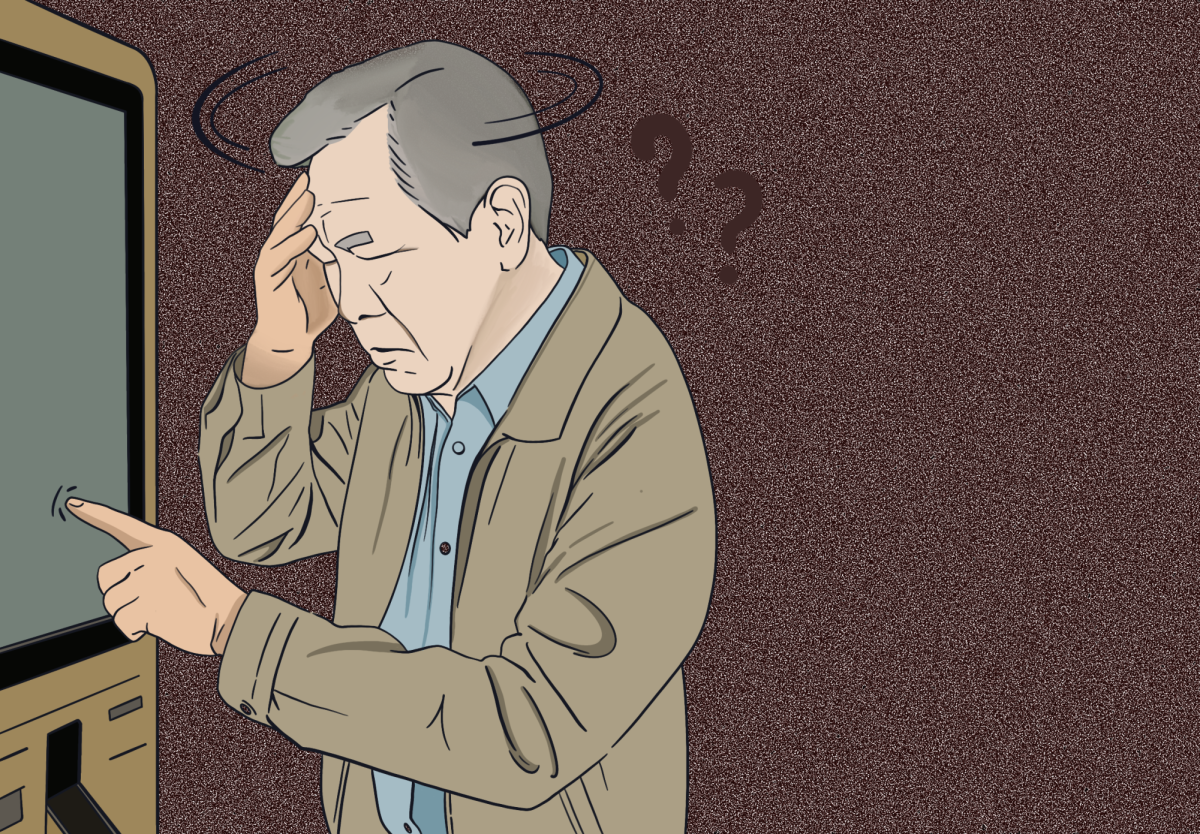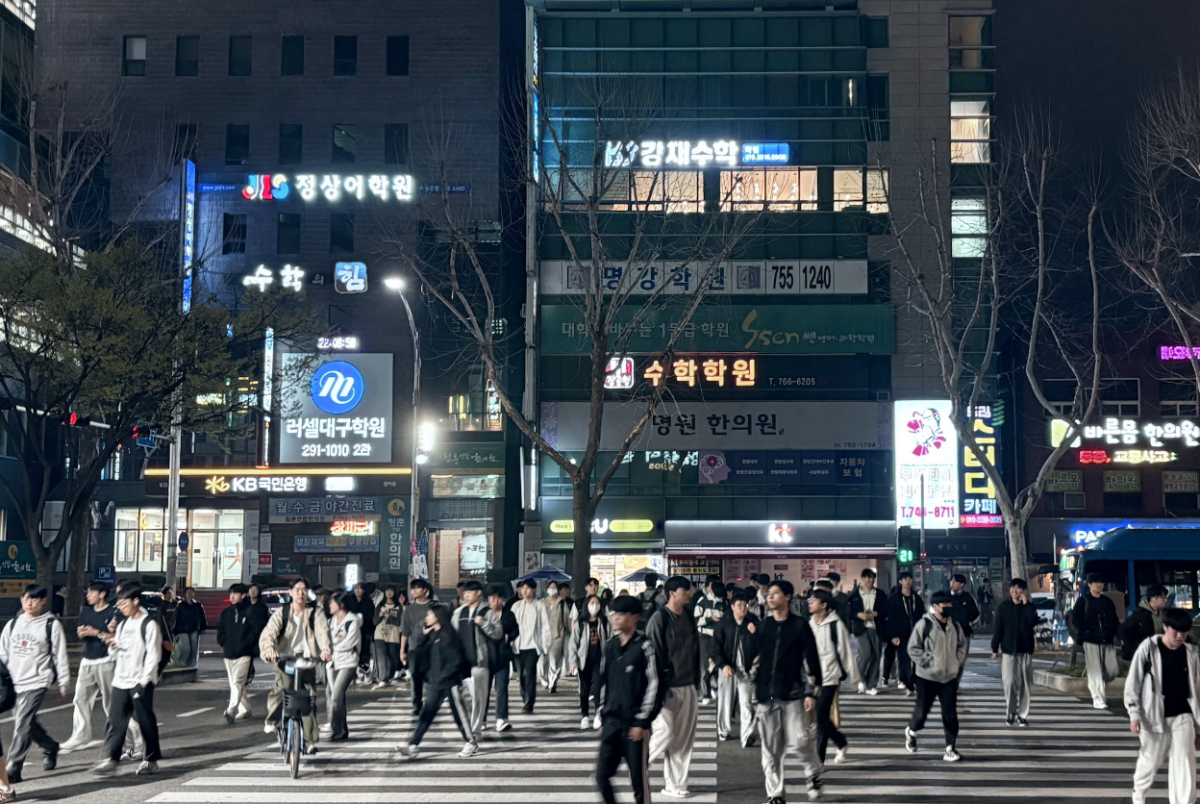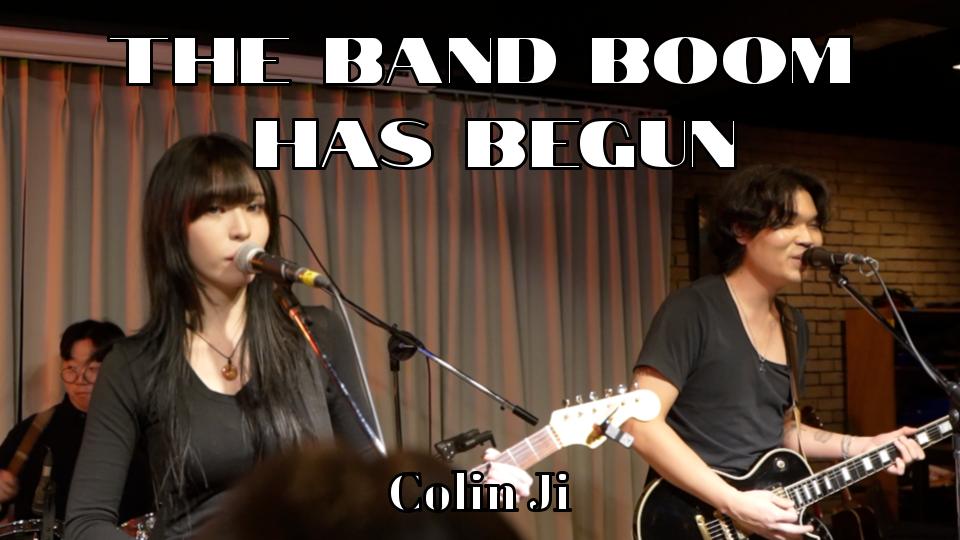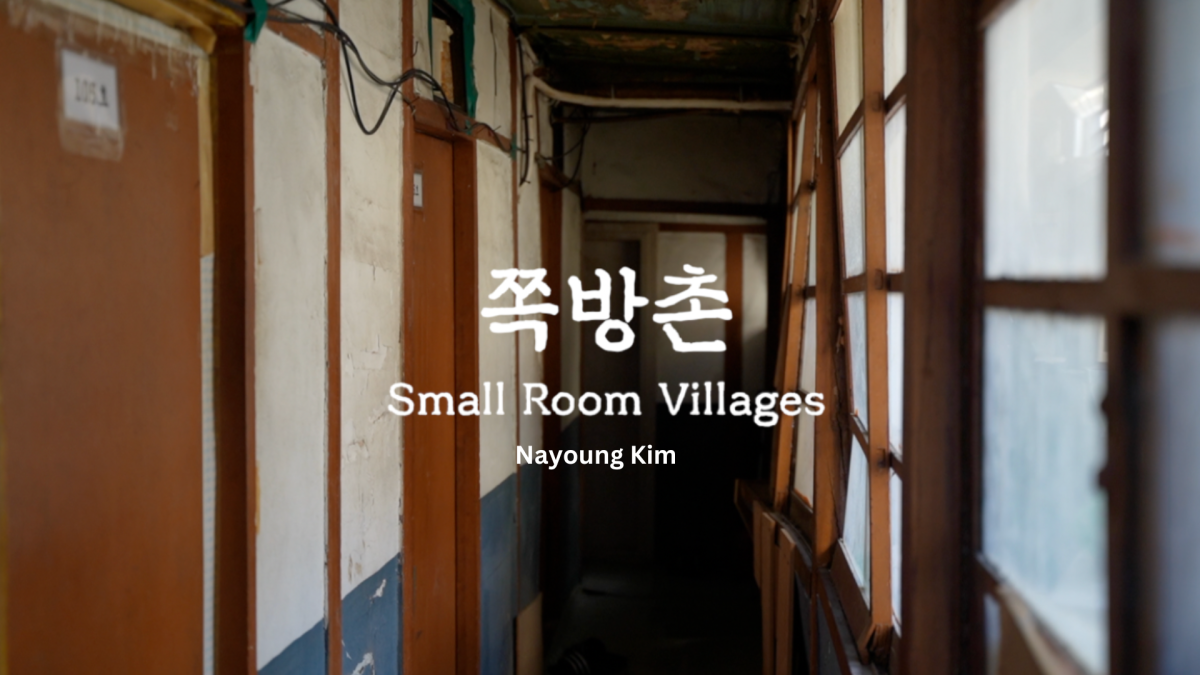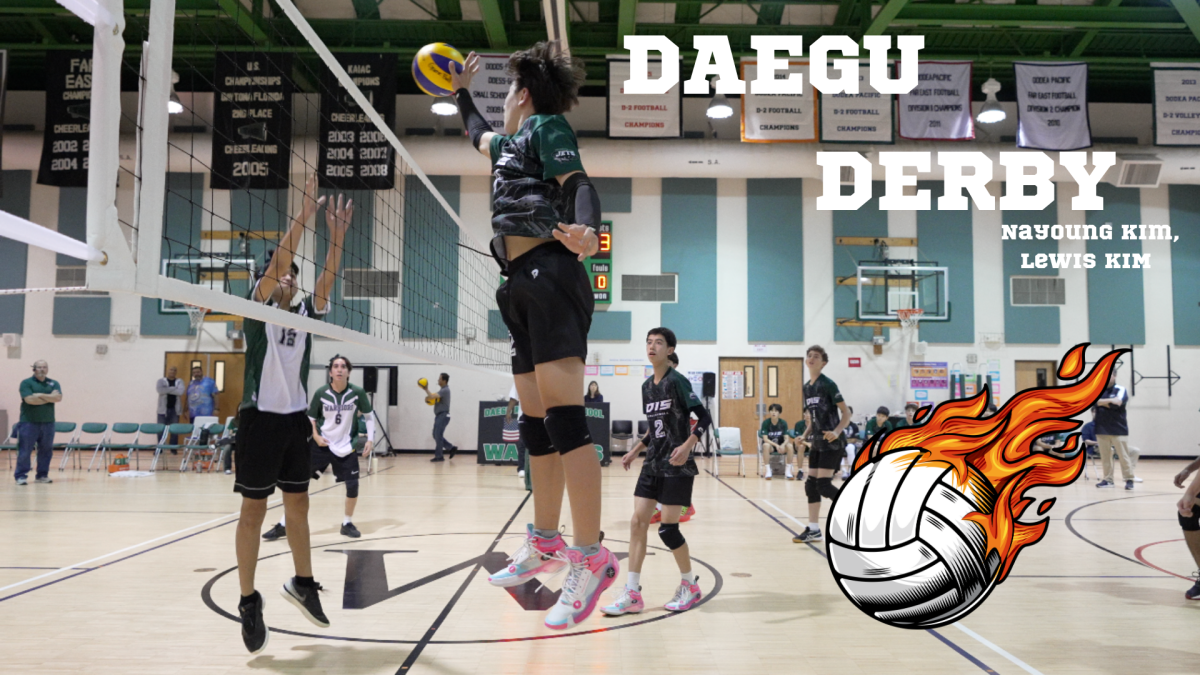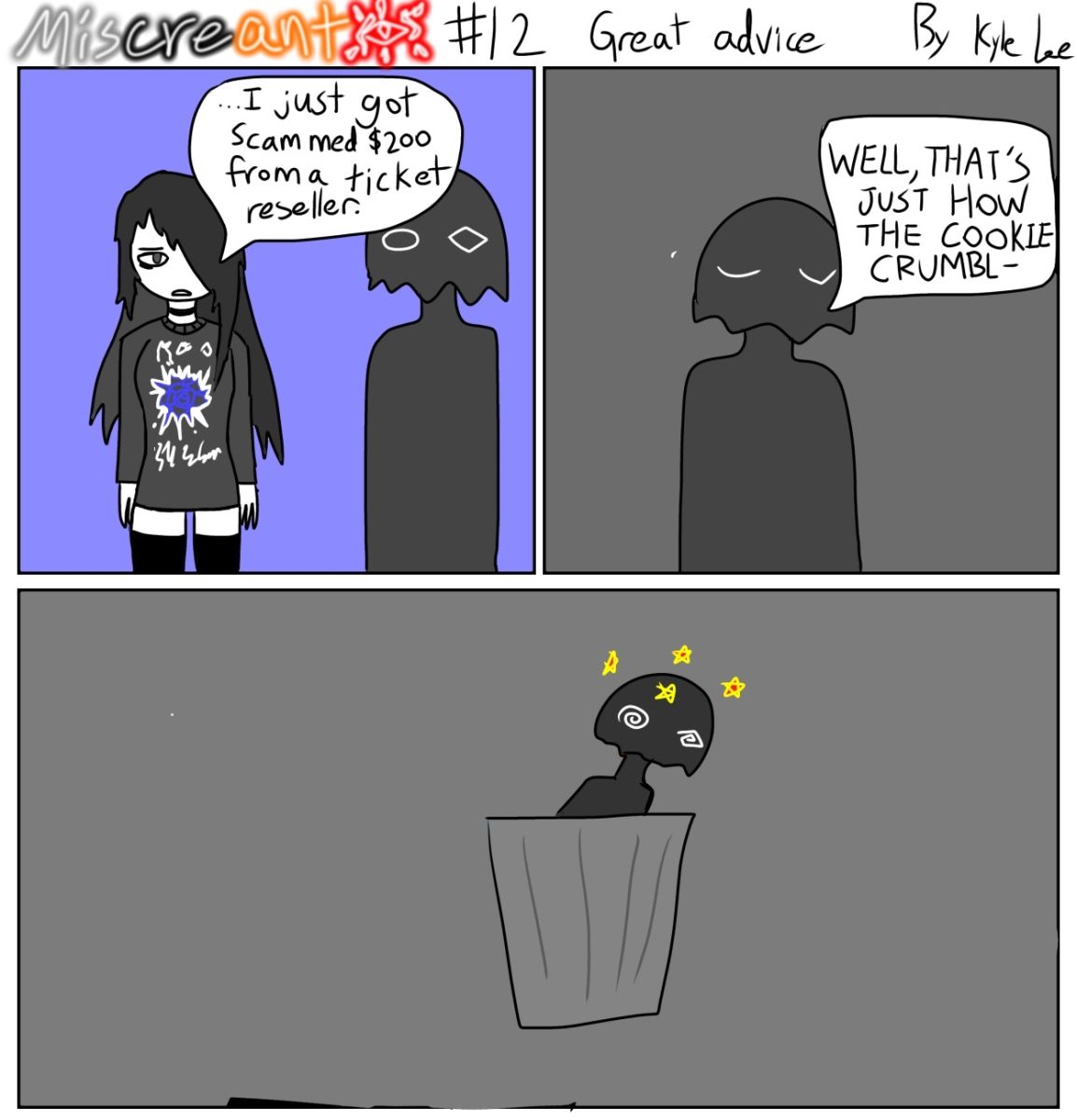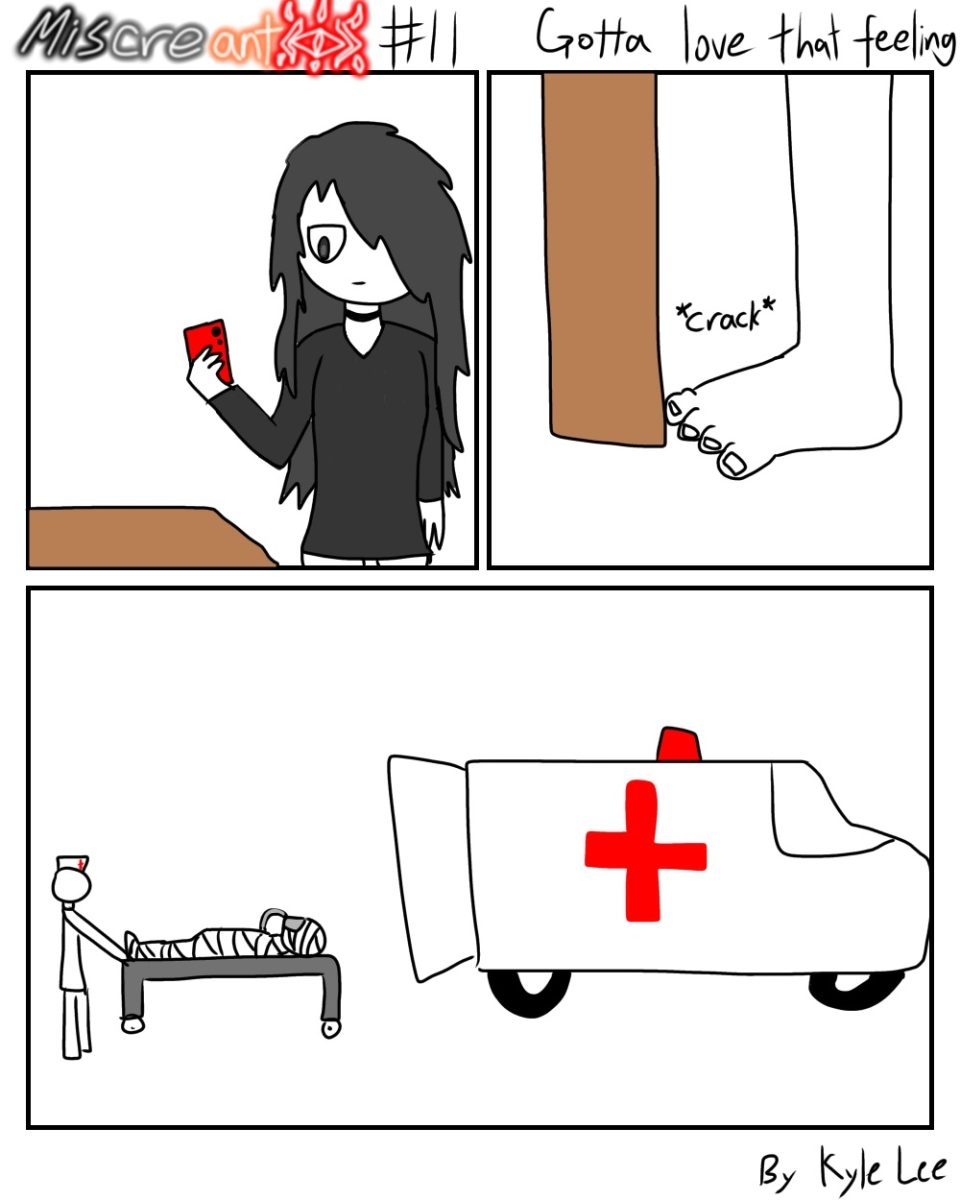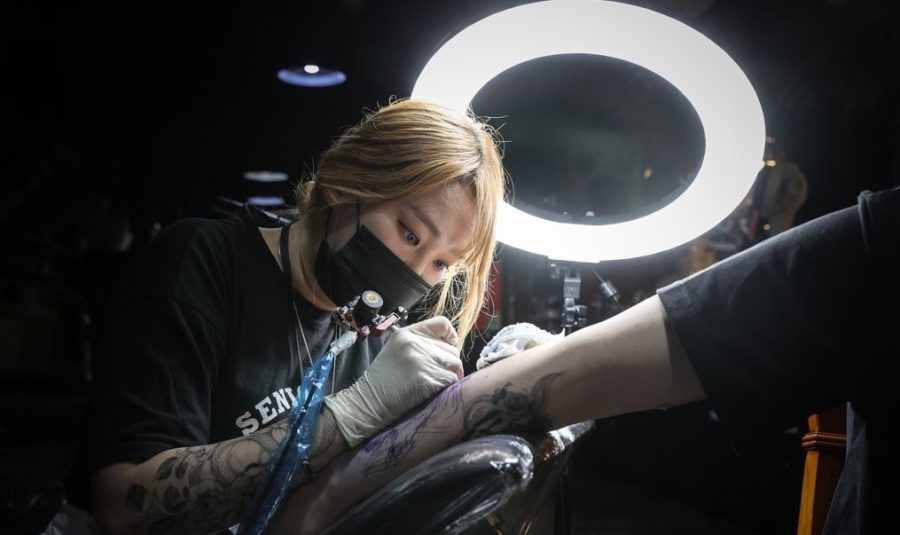The Taboo of Tattoos in Korea
The Past, Present, and Future of Ink in the ROK
February 28, 2022
The tattoo is no modern invention – the first ever attempts at engraving skin can be traced all the way back to roughly 5000 B.C., when the Japanese embellished clay figurines with inked markings. Despite being early adopters of the technique, they aren’t the only civilization that marked bodies with ink. Tattoos are universal: ancient Roman soldiers, sailors during the Second World War, Polynesian warriors, and the Mayans all decorated their bodies as a way of affirming identity, beliefs, and personal values.
Throughout history, tattoos signified social status, cultural mores, and honored traditions towards respective motherlands. No matter which culture they came from, tattoos had always been sentimental; you didn’t mark yourself for life if you weren’t the nostalgic type. In ancient times, the practice held spiritual weight.
As time passed, body art also became a matter of fashion; soon, people were etching letters, sentences, figures, and even scenery onto themselves as decorative statements infused with sentiment.
Despite the meaningful history behind the markings, some countries refuse to consider body ink as an art. Most Asian countries have strong social disapproval for tats and certain types of piercings, including Korea; with most Koreans frowning upon those with elaborate body-art. Stigma about these markings significantly affects careers, reputations, and even love lives in Asian countries.
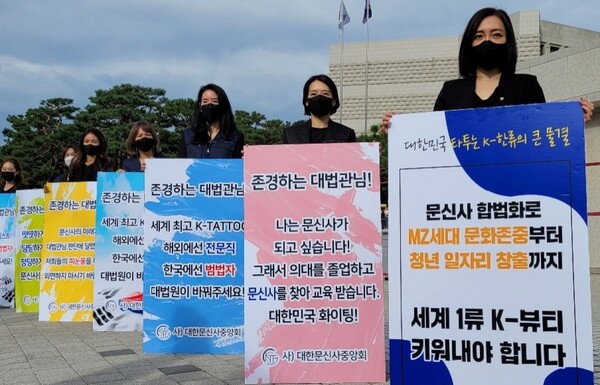
Korea encounters major stereotypes surrounding permanent body art. In South Korea, getting inked is not illegal, but it is against the law to get marked up by an artist that doesn’t have a medical license. Basically, you can’t be a tattoo artist without going through unduly difficult licensing that is mostly irrelevant to the career. This rule dates back to a case in 1992, when Korea’s Supreme Court ruled that only licensed medical professionals can tattoo. The judicial branch at that time sorted tattooing into the category of medical service.
For many people, this information comes as a surprise because we are now in the modern age. The 21st century is the era where all sorts of artists are welcome. Nowadays, activists fight to change this law due to its outdated nature; incongruent with today’s acceptance of attitude and appearance. For now, Korea’s collectivist culture is holding up against change.
On September 27, 2021, a Korean tattoo artist filed a petition with the Constitutional Court. The petition is against Article 27 of Medical Law which outlaws tattooing by people without a medical license. A total of 153 artists from the National Tattoo Federation and the National Fashion Tattoo Association agree this particular law violates their constitutional rights. In their statement, tattoo artists indicate Korea is the only country that punishes body art being performed by a non-medical professional.
The support for tattooists is relatively recent, which goes to show how tattoos are still seen as not just unorthodox, but taboo in most Asian countries. In July 2021, about 12 lawmakers proposed a bill to modify the regulation. According to the bill proposed, tattoo artists would be required to undergo relevant hygiene and safety-related courses in order to obtain certification, but unlike before, they would be able to pursue the job of their dreams, even without the taxing process of going through with a medical license.
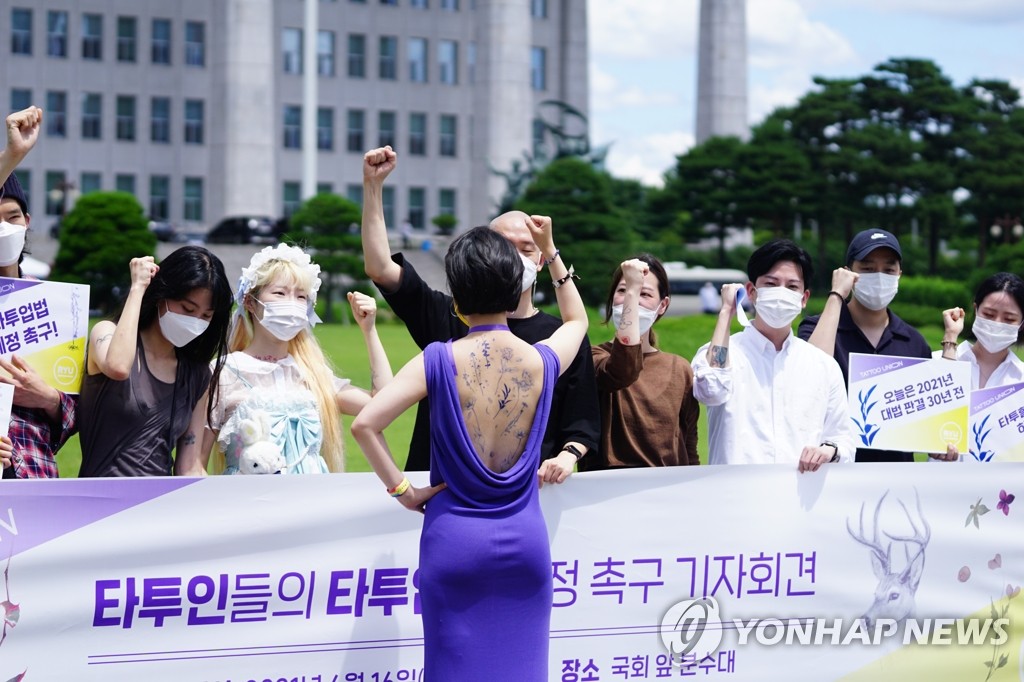
The penalty for those who provide a medical service without the licensing can be a sentence of at least two years in prison and a fine of more than one million won, which is between $850 to $900. With this relatively high penalty, any parlor in Korea technically works outside this legal framework.
Today, you can see more and more young people on the streets rocking ink. According to the Local Medical Device Manufacturer, the Standard, about 13 million people have permanent or semipermanent tattoos. There are about 350,000 tattoo services and at the same time, with only 10 in possession of a legal medical license.
Old-school people with more conservative views often see tattooed people as bad influences, criminals, drug addicts, and other “unsavory” characters. In the past, people with visible tattoos were often publicly discriminated against due to most Asian countries associating the markings with gang violence, a famous example being the yakuza. For these reasons, they are also prohibited on television; many K-pop stars, actors, and other public figures must cover these forms of self-expression while performing. Many Korean men who have tattoos are even denied from mandatory military service, adding to the stigma that tattooed people are “abnormal,” perhaps even unusable to their own country because of nothing more than this body art. The opposition extends to pools or saunas: those with tattoos are asked to leave immediately.
However, as time passes by, more and more people are sporting tattoos and the number of tattoo artists is growing rapidly. Even in conservative, Confucian countries like Korea, society is slowly but surely shifting attitudes toward body ink. For this reason, activists are sure this law will change as well.
This statistic drastically increases when we include semi-permanent tattoos for strictly cosmetic purposes, such as eyebrow and hairline tattoos. With those statistics included, it is estimated that over 13 million Koreans have a tattoo. The “bad influence” has changed in meaning; tattoos can be so much more than the stereotypes – in the ROK of today, art on skin rebels against the stigma of delinquency and crime, a clear sign of the rise of individuality.





